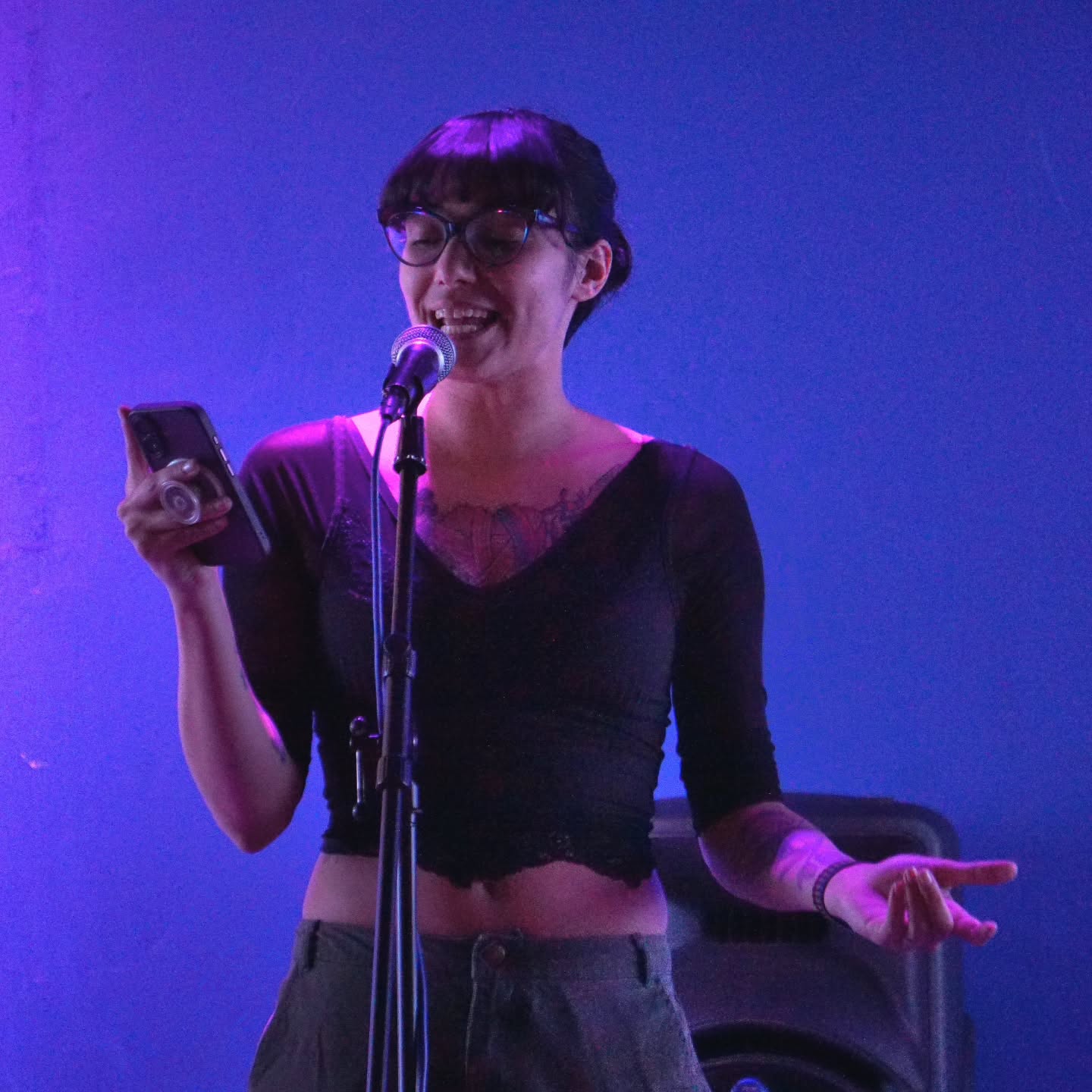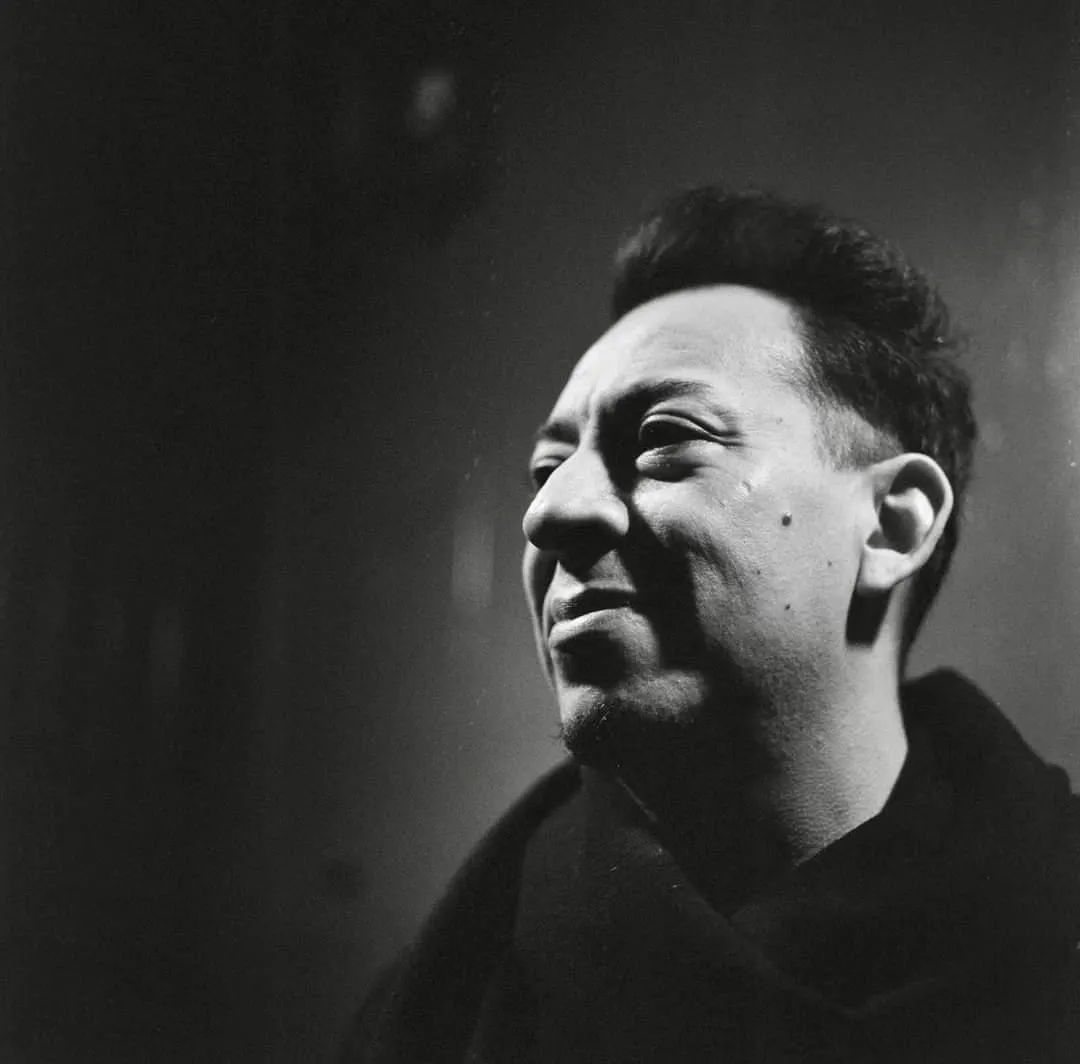Read the poem “Burn Wall Street Burn”
I watch CNBC.
I read the Wall Street Journal.
I check stock tickers,
Study insider reports,
Consult my broker on a daily basis.
After careful deliberation,
I have decided to empty my bank account,
Convert it to unmarked twenty-dollar bills,
Go directly to Las Vegas,
Put it all on black.
When the ball drops in my favor,
I could use those liquid assests to diversify my portfolio,
Invest heavily in pencils and apples,
And for once, be on the ground floor –
That place where all the stock brokers will land
When they finally succumb to mantra of doom…
The endless repetition of “Buy! Sell! Buy! Sell!”
That turn becomes “JUMP!!! JUMP!!! JUMP!!!”,
Playing on an infinite loop in the back of their mind
When they look out their office windows
And imagine the sweet release of death
Waiting for them on pavement below.
Good.
Give in to it, Wall Street,
Embrace your destiny.
I want my 401K back.
I’m not getting it back.
I’ve been advised it resides at the First Bank of the Land of Imagination,
Currently being managed by a crack team of leprechauns and unicorns,
Being leveraged into moon beams and fairy dust.
I shouldn’t worry though.
I’ll get my disbursement check as soon as I begin collecting Social Security.
This just in…
I’m not getting Social Security either!
So the time has come
To beat our shares into pitchforks,
Set our stock portfolios alight to guide our way,
To storm the castle
And kill the monster.
Now, I’m not suggesting you head to the headquarters of Goldman Sachs
With a pistol-grip pump shotgun,
Kick down the door,
Shout “I am the Angel of Death – the time of purification is at hand!”
Then start paying out double-barrel killshot bonuses
With a gleam in your eye and a song in your heart.
Oh wait, that’s exactly what I’m suggesting!
Because there will be a reckoning,
A tallying of names and a cracking of skulls,
And it will be easier for a camel to thread the eye of a needle
Then it will be for a fat-cat to avoid my lead.
Praise the Lord and pass the ammunition!
Who is John Galt?
Who cares.
He’s dead.
I killed him and he’s buried in a shallow, unmarked grave outside of town
Next to the bodies of Adam Smith and Horatio Alger.
Stop asking questions.
Because it’s time for action.
Swift, brutal, unthinking mob action.
Let’s head to Wall Street
Block all the exits at the New York Stock Exchange.
Let’s give these American heroes the reward they so richly deserve.
Let loose rabid bulls and bears as an appetizer of destruction,
Rain down burning ticker tape like the wrath of God from the gallery,
Sing “Auld Lang Zyme ” with the vengeful ghost of George Bailey, Sr.
Then roast marshmallows on the smoking ruin,
Toasting our lost fortunes as we drink from the skulls of Morgan Stanley and Charles Schawb.
Because I watch CNBC and read the Wall Street Journal.
I now know the true meaning of class warfare.
The horror…
The horror…
Burn, Wall Street, Burn
Summary of “Burn Wall Street Burn”
“Burn Wall Street Burn” by slam poet The Klute is a blistering, darkly comic spoken-word poem that channels post-crash economic rage into a surreal monologue of disillusionment. The speaker begins by mimicking the rituals of financial responsibility—watching CNBC, reading The Wall Street Journal, consulting brokers—only to conclude that rational participation in the system is meaningless.
From there, the poem spirals into increasingly absurd and violent imagery. Retirement funds vanish into fantasy; institutions collapse into farce; economic language mutates into the language of revolt. Cultural and ideological icons—John Galt, Adam Smith, Horatio Alger—are symbolically declared dead. The poem culminates in an apocalyptic vision of Wall Street consumed by fire, spectacle, and bitter celebration.
The closing lines echo Heart of Darkness’s famous refrain—“The horror, the horror”—recasting financial capitalism itself as the unspeakable atrocity.
Analysis of “Burn Wall Street Burn” by The Klute
Satire as a Weapon of Class Anger
At its core, “Burn Wall Street Burn” is not a literal call to violence but a satirical pressure valve. Slam poetry often amplifies emotion to the point of excess, and The Klute leans fully into hyperbole to express what polite economic language cannot: rage, betrayal, and helplessness. The outrageous threats and cartoonish bloodlust function as metaphor, exposing how systemic violence (lost pensions, vanished futures) breeds fantasies of retribution.
The Collapse of Financial Language
One of the poem’s sharpest techniques is its corruption of financial jargon. “Diversify my portfolio” becomes an investment in “pencils and apples.” “Liquid assets” lead not to stability, but to a roulette table in Las Vegas. These moments underscore the speaker’s realization that the system is already a gamble, rigged in favor of those who never touch the ground floor—except when they fall.
The repeated fixation on “the ground floor” works double duty: it is both the entry point denied to ordinary people and the literal pavement awaiting brokers who internalize the manic chant of “Buy! Sell! Buy! Sell!”
Myth-Busting American Ideology
By symbolically killing figures like Adam Smith and Horatio Alger, the poem rejects foundational myths of American capitalism: rational markets and merit-based success. The dismissive “Who cares” aimed at John Galt is especially telling—it mocks libertarian exceptionalism as irrelevant in the face of mass economic suffering.
The appearance of George Bailey, Sr. (from It’s a Wonderful Life) as a “vengeful ghost” flips a classic tale of community banking into an indictment of modern finance, where the Bailey Building & Loan has long since lost to the megabanks.
Carnival, Apocalypse, and Catharsis
The poem’s final vision—burning ticker tape, hydrogen-filled bulls and bears, marshmallows roasted on the ruins of the NYSE—is grotesque but deliberately carnivalesque. It resembles a medieval inversion festival, where power is mocked, desecrated, and briefly overturned. Naming corporations like Morgan Stanley and Charles Schwab as skulls to drink from transforms faceless institutions into mortal bodies, finally subject to consequence.
Why the Poem Still Resonates
“Burn Wall Street Burn” captures a moment—and a mood—that extends far beyond its immediate context. It speaks for those who did everything “right” and still lost everything. Its excess is intentional, its anger performative, and its violence symbolic. The poem’s power lies not in its literal imagery, but in its refusal to be calm, reasonable, or grateful in the face of systemic failure.
In that sense, the poem is less a manifesto than a scream—raw, undiplomatic, and impossible to ignore. Burn, Wall Street, Burn is not about destruction for its own sake. It is about being heard when the numbers say you no longer matter.
Read more poetry inspired by the state of Arizona HERE.









